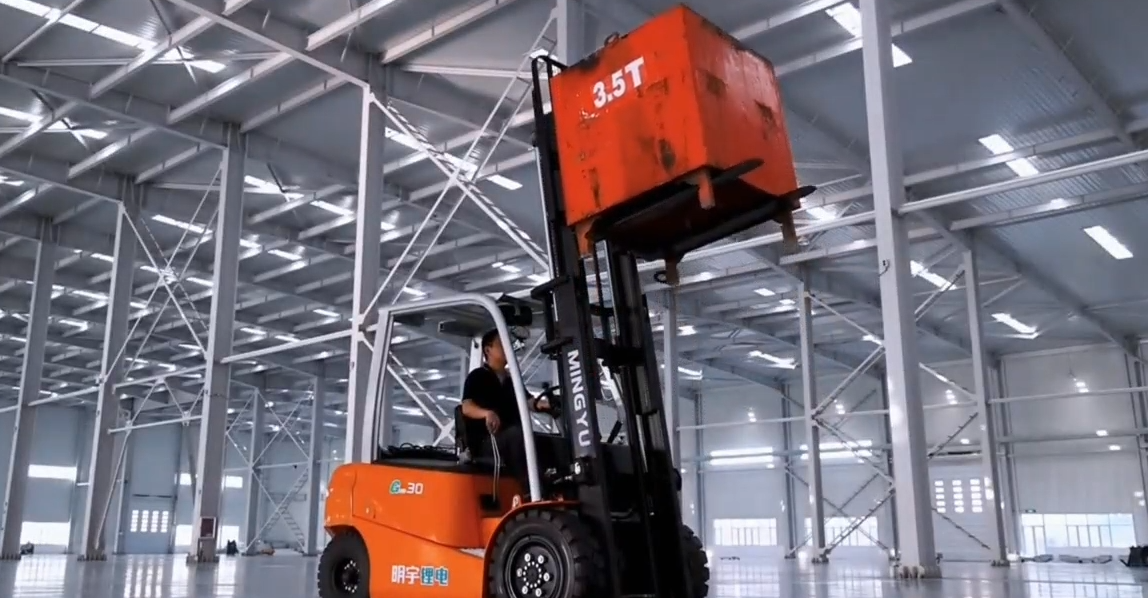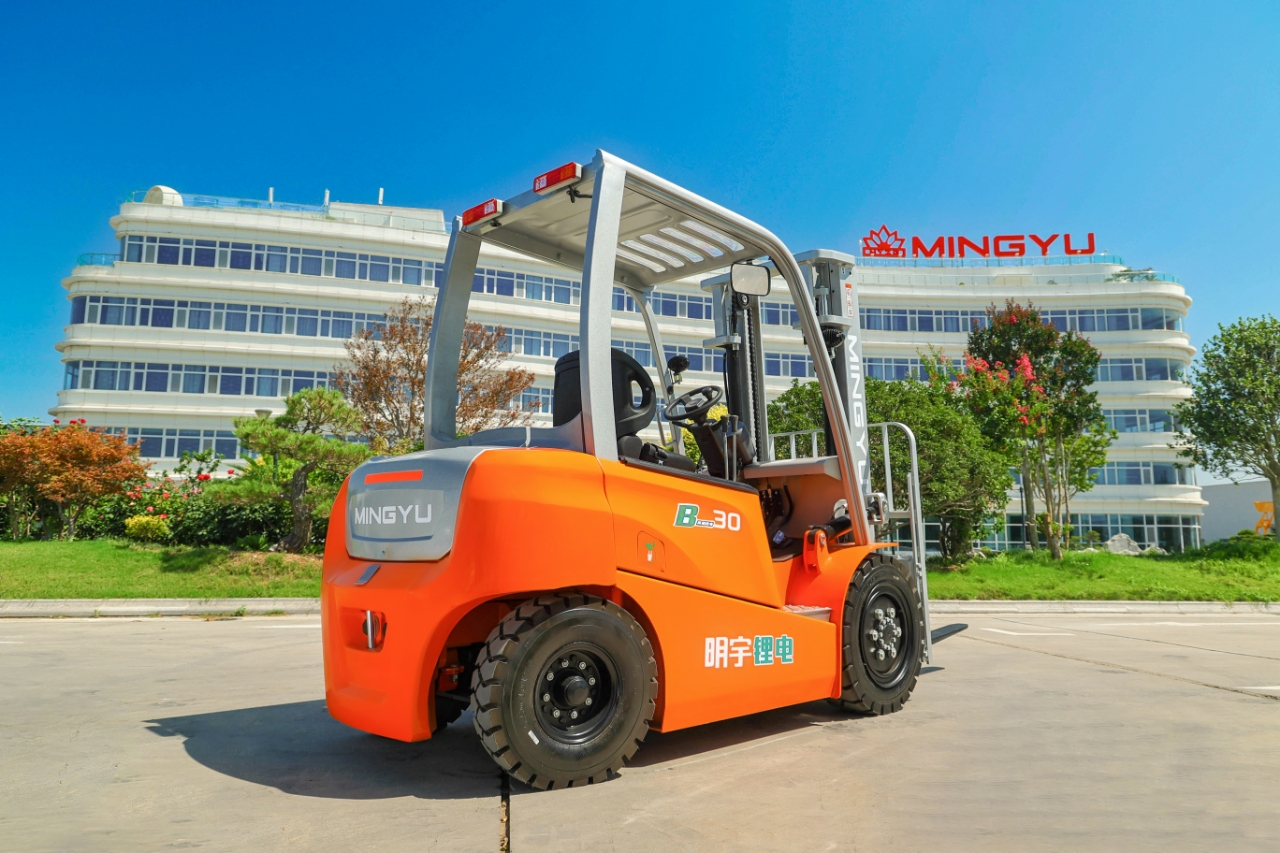Introduction
Forklifts are essential pieces of equipment in many industries, from manufacturing and warehousing to construction and transportation. They are used to transport goods and materials, and their engine power is a critical factor in their performance and efficiency. In this article, we will explore the ins and outs of forklift engine power, from its definition and importance to its impact on different types of forklifts and their applications.

Understanding Forklift Engine Power
The engine power of a forklift is the amount of power that the engine can produce to drive the forklift and perform its tasks. It is typically measured in horsepower (hp) or kilowatts (kW). The engine power of a forklift is determined by a number of factors, including the type of engine, the engine displacement, the fuel type, and the cooling system.
The engine power of a forklift is an important factor in determining its performance. A more powerful engine will allow the forklift to lift heavier loads, travel at higher speeds, and operate on steeper inclines. However, a more powerful engine will also consume more fuel and produce more emissions.
The Impact of Engine Power on Forklift Performance
The engine power of a forklift has a significant impact on its performance in a number of ways.
- Lifting Capacity: A more powerful engine can lift heavier loads. This is important for applications that require the forklift to move large or heavy objects.
- Acceleration and Travel Speed: A more powerful engine can accelerate faster and travel at higher speeds. This is important for applications that require the forklift to cover large distances or work in a fast-paced environment.
- Gradeability: A more powerful engine can operate on steeper inclines. This is important for applications that require the forklift to work on hills or ramps.
- Hydraulic System Performance: A more powerful engine can provide more power to the hydraulic system, which is used to lift and tilt the forks. This is important for applications that require the forklift to lift heavy loads or work at high heights.
- Fuel Consumption and Emissions: A more powerful engine will consume more fuel and produce more emissions. This is important for applications that require the forklift to operate in environmentally sensitive areas.
Selecting the Right Engine Power for Your Application
When selecting a forklift, it is important to choose one with the right engine power for your application. A forklift that is too powerful will be more expensive to purchase and operate, and it may not be necessary for your application. A forklift that is not powerful enough will not be able to perform the tasks that you need it to do.
To select the right engine power for your application, you should consider the following factors:
- Load Weight: The weight of the heaviest load that you will be lifting.
- Lift Height: The maximum height to which you will be lifting loads.
- Travel Distance: The distance that the forklift will be traveling each day.
- Gradeability: The steepest incline that the forklift will be operating on.
- Environmental Considerations: The need to minimize fuel consumption and emissions.
Once you have considered these factors, you can use the following guidelines to select the right engine power for your forklift:
- Small forklifts: 20-50 hp
- Medium forklifts: 50-80 hp
- Large forklifts: 80-120 hp
Maintenance and Optimization of Forklift Engine Power
Proper maintenance is essential for keeping your forklift running at peak performance. This includes regular oil changes, filter replacements, and tune-ups. It is also important to keep the engine clean and free of debris.
There are a number of things that you can do to optimize the engine power of your forklift. These include:
- Using the right fuel: Use the type of fuel that is recommended by the manufacturer.
- Keeping the engine tuned: Have the engine tuned regularly to ensure that it is running properly.
- Using the right oil: Use the type of oil that is recommended by the manufacturer.
- Keeping the engine clean: Keep the engine clean and free of debris.
- Using the right tires: Use the right tires for the type of terrain that you will be operating on.
Future Trends in Forklift Engine Power
The future of forklift engine power is bright. There are a number of new technologies that are being developed that will make forklifts more powerful, efficient, and environmentally friendly. These technologies include:
- Electric forklifts: Electric forklifts are becoming increasingly popular, as they are more environmentally friendly and have lower operating costs.
- Hybrid forklifts: Hybrid forklifts combine the best of both worlds, offering the power of a diesel engine with the efficiency of an electric motor.
- Fuel cell forklifts: Fuel cell forklifts
Post time:Jul.12.2024

